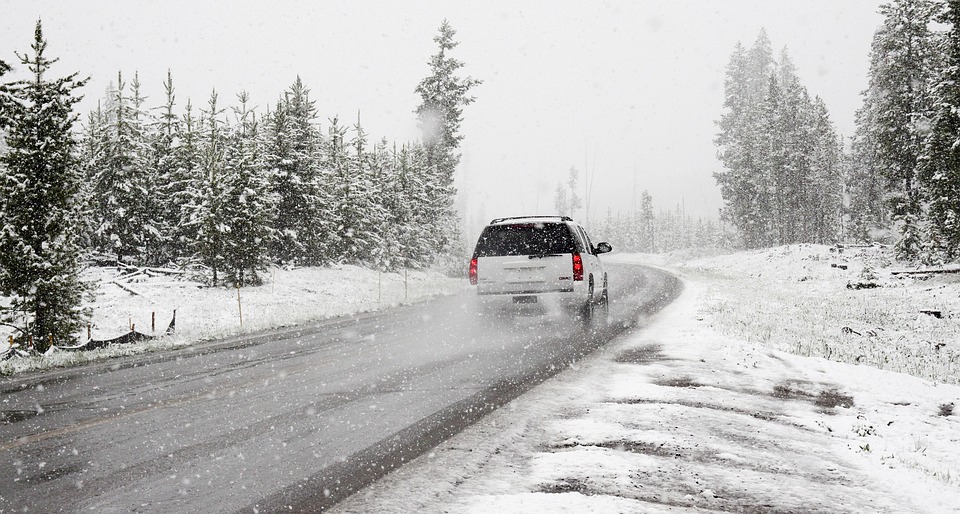Now you have bought your new car, you need to take care of it by following your car maintenance schedule. With winter at its full swing in most parts of the world, it is high time you thoroughly inspect your vehicle for comfortable and hassle-free journeys.
Consider the following 5 winter car maintenance tips:
- The Right Tires
Winter season brings with it slippery roads, so worn-out tires can make driving on such roads even more hazardous. In addition, make sure your vehicle is equipped with the right kind of tires. Go for winter tires or all-season tires. These will render your vehicle a better road grip, especially while braking and turning corners. Tire pressure is also an important factor you must pay attention to. In cold weather, the pressure drops quickly and can cause under-inflated tires. Not to mention, if a tire bursts on the road it can cause a serious accident, which would require you to get help from Ladah law firm immediately.
- Optimal Battery Performance
The battery is the main source to start your vehicle. Once it starts, it switches over to using gasoline for energy. A weak battery means your car will have trouble starting up. In the winter season, the effect of low temperatures along with continued heater usage weakens your battery quickly. To know if your battery is in optimum condition, I recommend getting a volt test performed on your battery from a professional car repair shop.
- Antifreeze Liquid
Also known as engine coolant, antifreeze works to keep the engine warm in winters and cool in the summer season. Coolant contains equal concentrations of water and antifreeze. Over time, antifreeze is prone to becoming diluted which leads to the fluid-losing its liquid state in extremely low temperatures. Once the fluid starts to freeze, the engine will overheat, thus breaks down. To avoid this, make sure your coolant is not too diluted. Buy coolant from the market; it has equal concentration of water and antifreeze.
- The viscosity of Engine Oil
As we need water to remain active, the engine needs oil to perform efficiently but only with the right viscosity. Decreased temperatures in winters can cause the oil to get thick, which can be damaging for the engine. Therefore, you must get your engine oil checked regularly in the winters. Better to consult your vehicle’s manual to know which oil is suitable for the winter season.
- Top up the Fuel Tank
A completely filled fuel tank is essential for driving long distances. In addition, it prevents the accumulated water in the fuel tank from freezing during extreme temperatures. For added safety, during long distance drives ensure your washer tank fluid is filled to the required level. It will aid you in clearing your windscreen during rain and snowfall.




